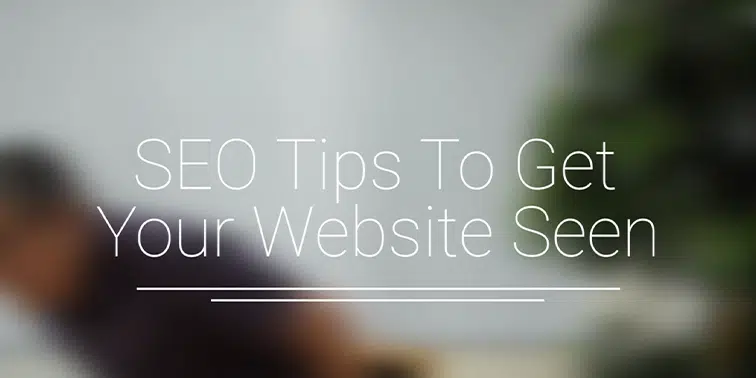You may be sceptical of having a “blog” page as you think it’s something for ‘influencers’ and not really anything to do with your business. However, it’s perhaps one of the most important webpages on your site to help you be seen in search engine results pages.
First things first, you don’t need to name it blog! This particular page is all about adding current, relevant and regular content to your website so you can call it what you like – News, What’s New, What’s On, Latest updates and so on. But it’s worth remembering that ‘blog’ is synonymous with people being able to find out more about your business, your opinions, statistics and tips and advice, so don’t think too much outside the box – you don’t have to.
Reasons to have a blog
- Drive traffic to your website
- Increase your SEO/ SERP
- Position your brand as an industry leader
- Develop better customer relationships
Drive traffic to your website
Your blog gives you the opportunity to create regular and relevant content to help attract new business leads. You can use the articles as a way to drive traffic back to your website. Make the blog on your website the foundation for all of your social media platforms. Post links – with relevant visuals – of your blog articles on your social channels and give your social followers a reason to click through to your website.
Additionally, post inbound links directly in your blog articles, to drive traffic to specific landing pages of your website.
Increase your SEO/ SERP
Blogs increase your Search Engine Optimisation (SEO). Fresh content is still key to beating your competitors in the search engine results page (SERP).
Use keywords in your articles. List out the keywords, topics, and categories you want your business to be found for in search engine results pages. Use these words, and related expressions when writing your articles/blogs.
Keywords and topics on your website are a significant way in which Google (and other search engines) find your website for these searched words.
Position your brand as an industry leader
Well written articles position your company as a thought leader. By sharing topics which resonate with your market and show your knowledge, you are marketing your skills for your business, service or product.
You are building trust, too. The more you can show that you are well-versed in your field, the more likely your customers and prospects will trust you to supply what they need.
Digital marketing agency
Content marketing is all part of the digital marketing mix that we can help you with. Talk to us about your marketing needs and we’ll ensure that the best combination of tactics is utilised to make you stand out from the crowd.



